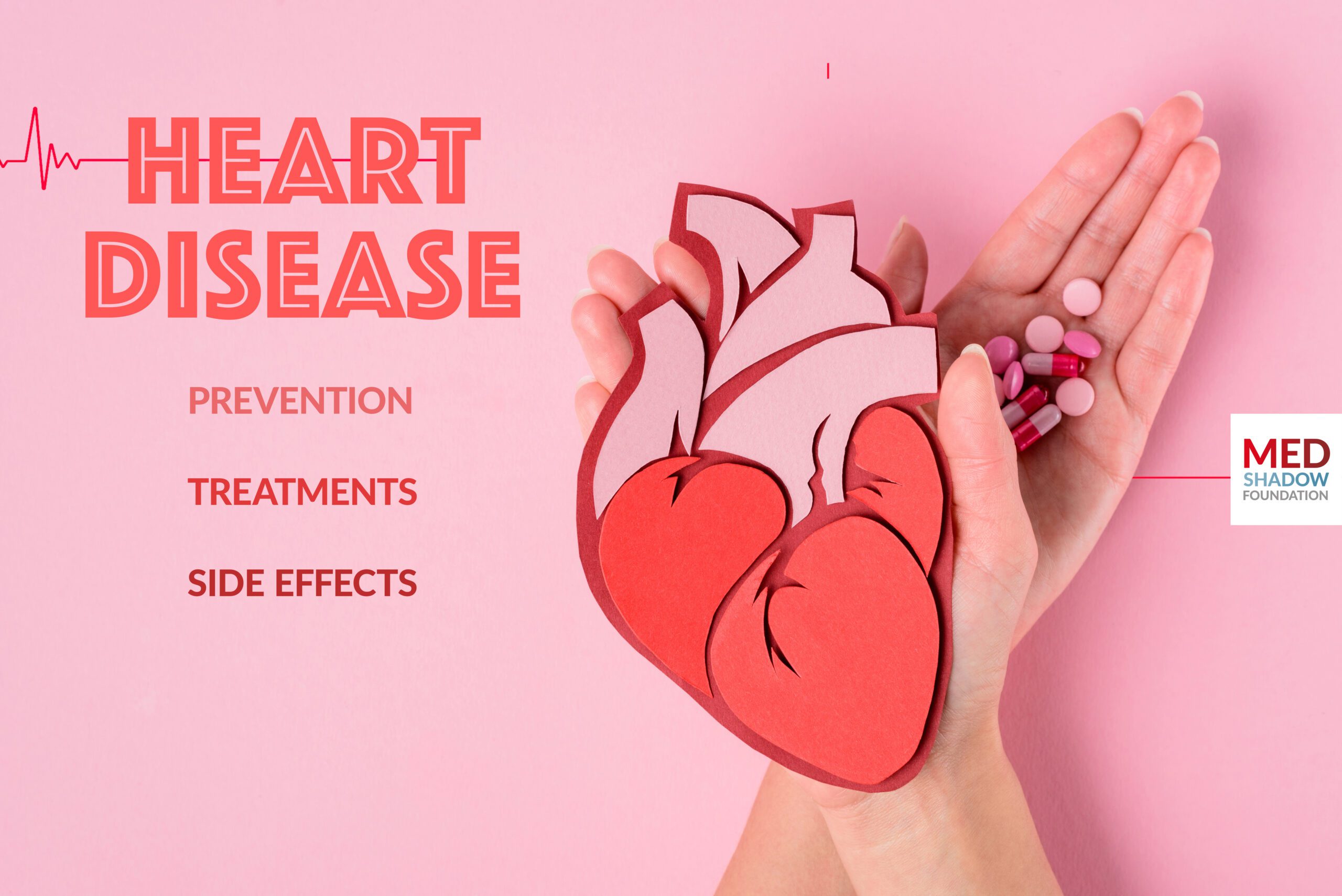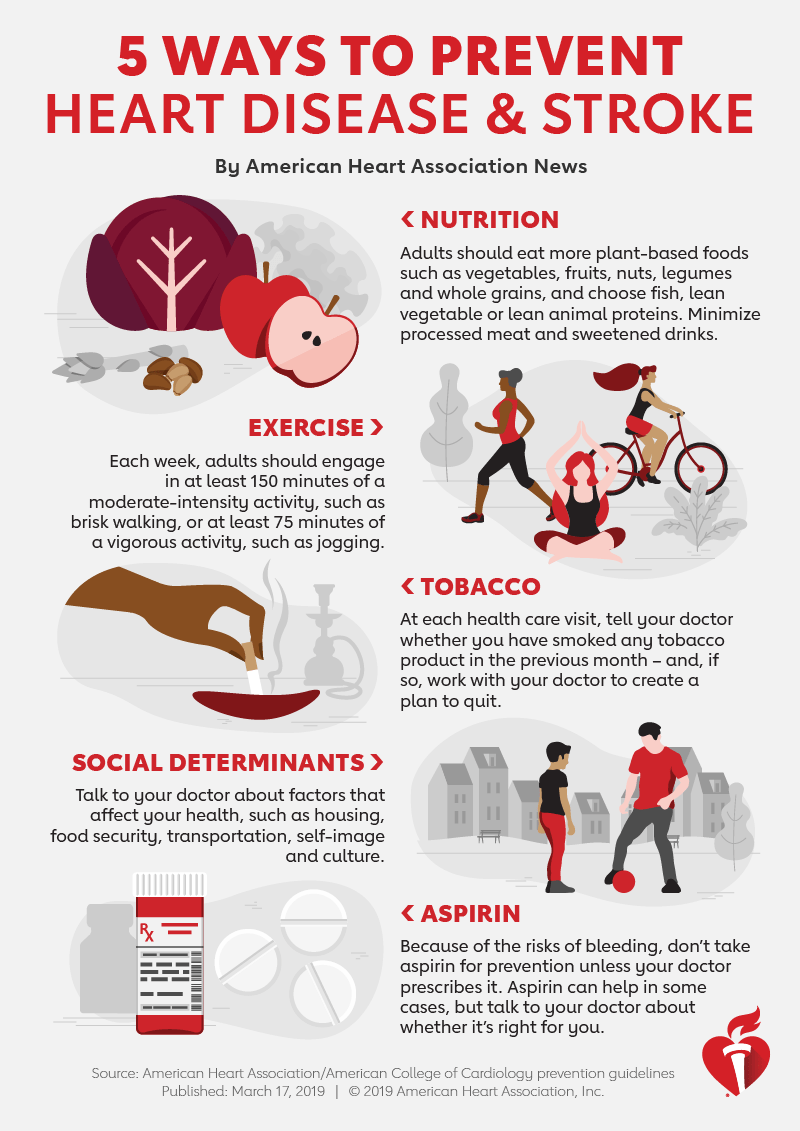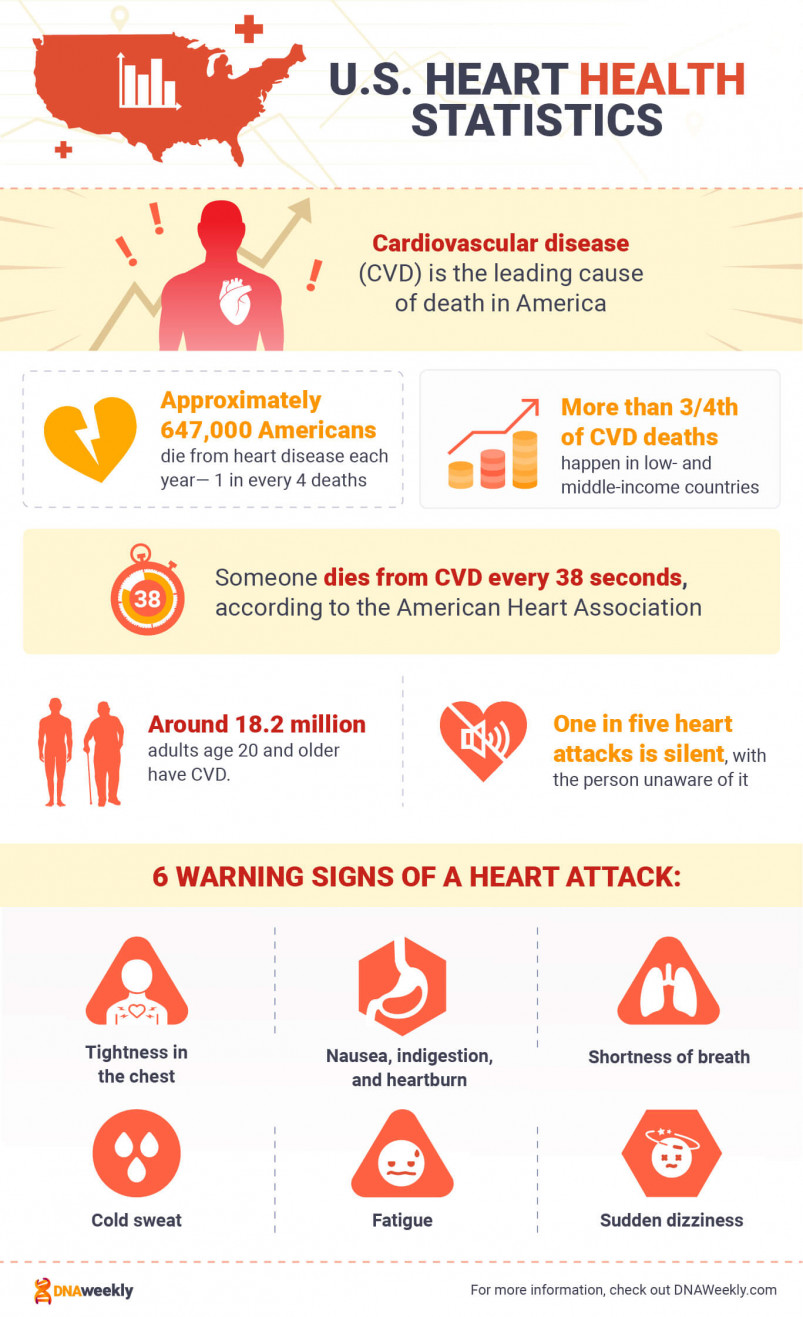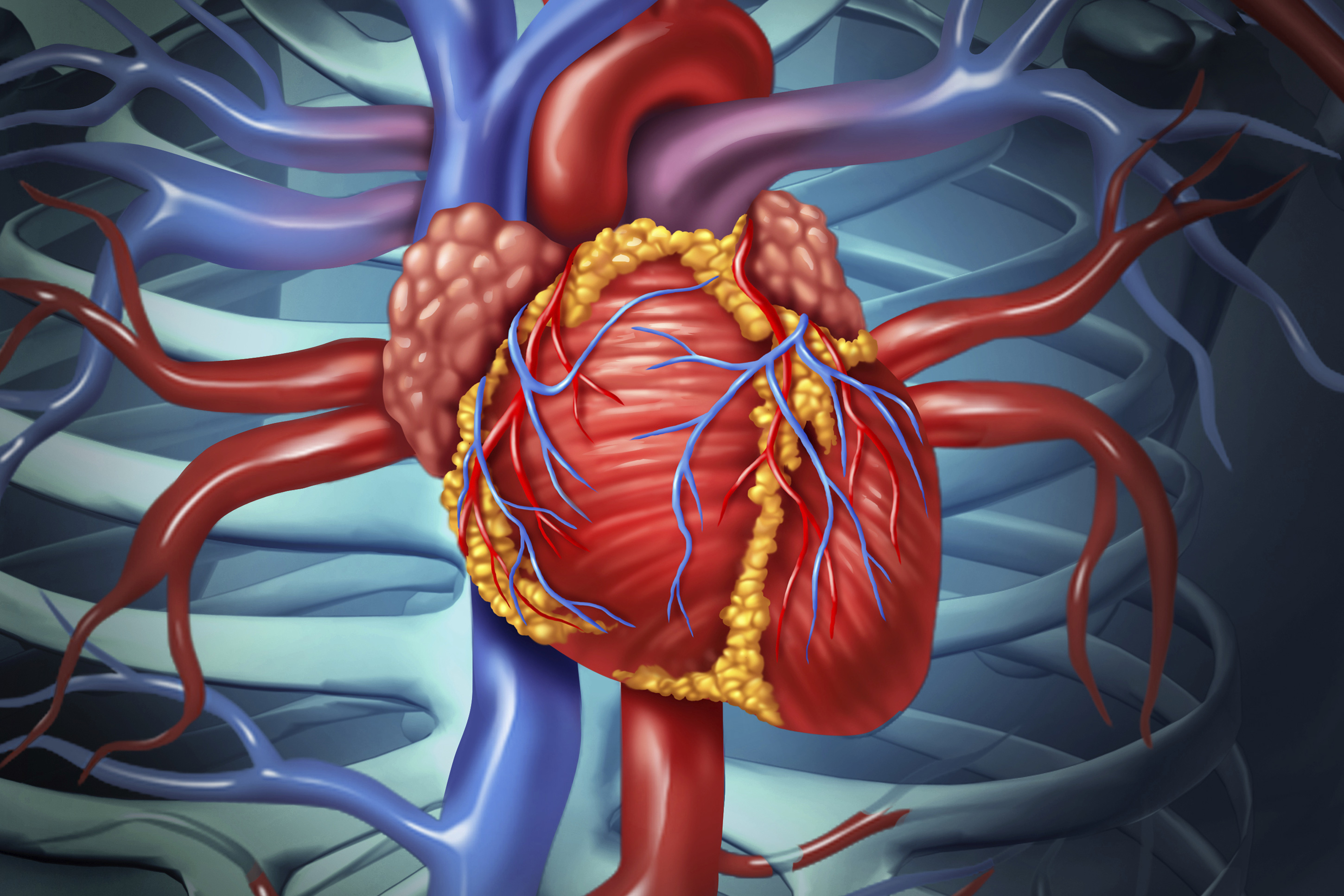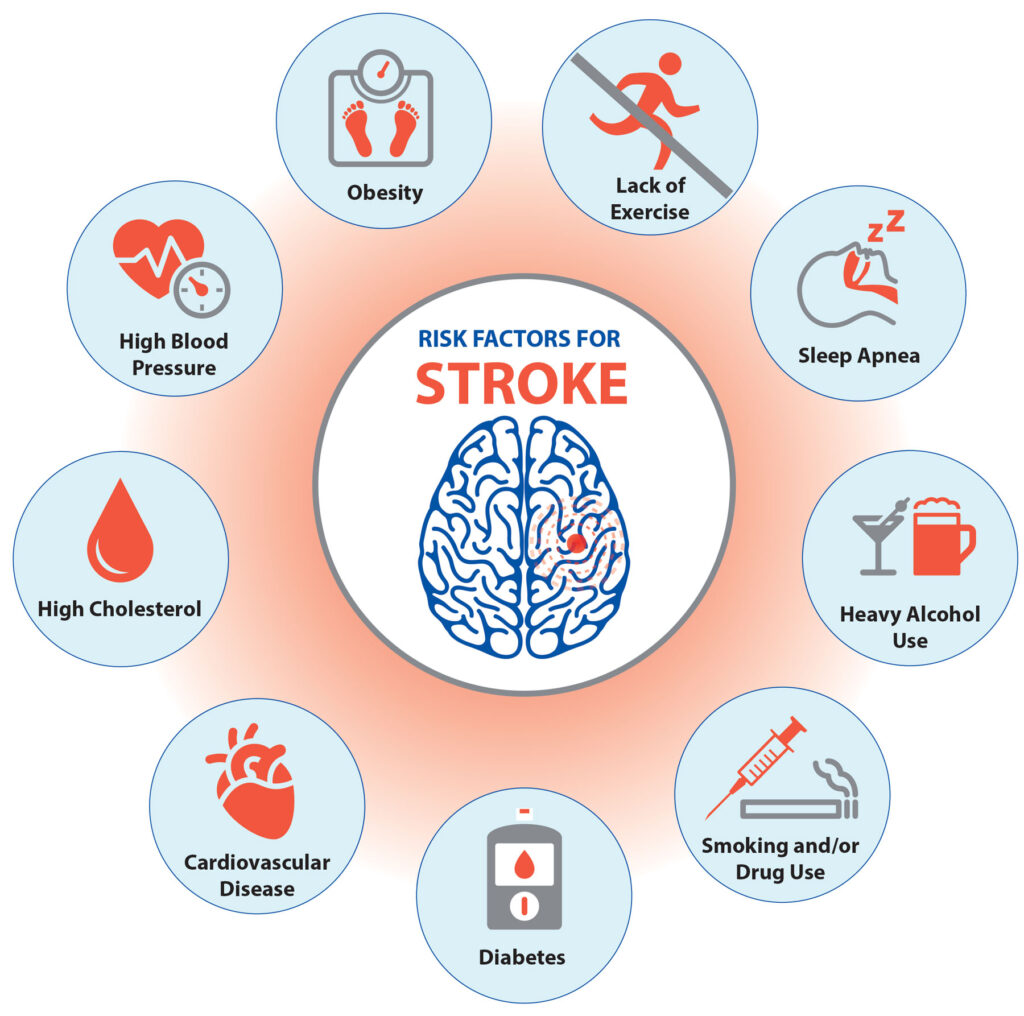Painstaking Lessons Of Tips About How To Live With Heart Disease

You may experience various types of emotional distress or behavioural.
How to live with heart disease. The amount and quality of sleep you get can influence your eating habits, mood, memory, internal organs and more. Sometimes, you may have mild symptoms of congestive heart failure or none at all. Know your risk factors and learn how to manage them.
Prevent serious problems over your. Caring for your heart is worth the effort. Keep track of your “numbers” and make sure they are on track.
Like anyone who has had a heart attack, it’s natural to feel like no one understands what you’re going through. As far as you can, minimise your consumption of pastries, cured meats, fried foods and red meats. Erica sood, vice chair of the statement's writing group, said in a news release.
Coronary artery disease can lead to: But your care partners, family and friends will find it helpful too. Need to urinate while resting at night.
Keep in touch with your doctor. We have put together a series of guidelines and tips for a healthy living. Getting a good night’s sleep every night is vital to your heart health.
Lifestyles changes to help manage heart disease take medication. Anticoagulants to help prevent blood clots that can lead to a heart attack or stroke antiplatelets to stop platelets, which are cells in the blood, from sticking together and forming a clot ace inhibitors to widen your blood vessels, increasing the amount of blood your heart pumps and lowering your blood pressure. Many hospitals have a cardiac rehabilitation programme, run by cardiac rehabilitation nurses and.
The risk of developing dangerous symptoms increases with age, with those who are age 85 and older are at the highest risk of serious symptoms. Advances in treatment have helped more than 90% of people born with heart defects in developed countries to live to. Here are tips for taking control of your life.
High levels of niacin, an essential b vitamin, may raise the risk of heart disease by triggering inflammation and damaging blood vessels, according to new research. Swollen red hands and feet, red “strawberry tongue,” red cracked. Shortness of breath.
This doesn’t mean you don’t have heart failure anymore. Includes information to help heart disease patients continue living a healthy lifestyle and prevent further heart complications. Early detection of heart disease can make a significant difference in a patient's quality of life and longevity, but a lack of defining symptoms adds complexity.
Pain, numbness, weakness or coldness in the legs or arms if the blood vessels in those body areas are narrowed. If left uncontrolled, high blood pressure can increase a person’s risk for heart disease, stroke, heart failure, kidney disease, pregnancy complications, and cognitive decline later in life.
